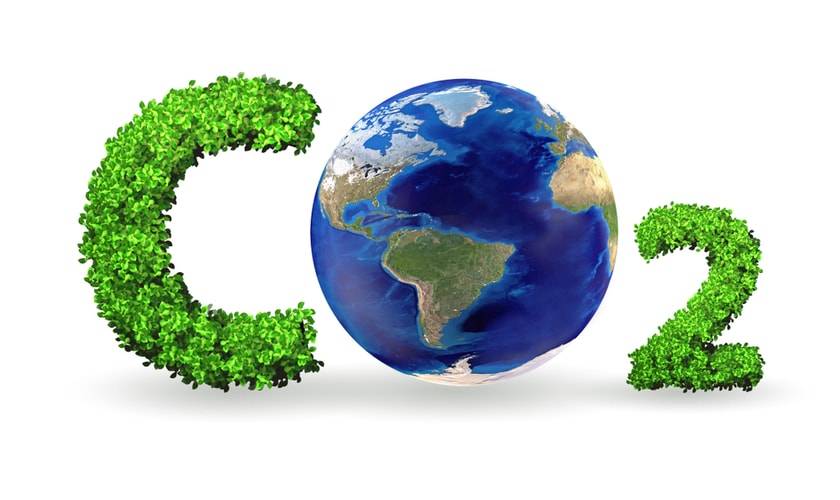Chile Submits Bold 2030 Climate Plan

Photo Credit: Pontificia Universidad Católica
At a time of great global uncertainty, Chile is reaffirming its commitment to sustainable development. The Government of Chile has presented an updated Nationally Determined Contribution (NDC) with more ambitious climate change adaptation and mitigation goals.
The document, presented on a teleconference featuring the Minister of Environment Carolina Schmidt, the Minister of Energy, Juan Carlos Jobet, and the Minister of Science, Andrés Couve, alongside Patricia Espinosa, Secretary of the UNFCCC, details the country’s commitment to combat the climate crisis by 2030 and achieve carbon neutrality by 2050 — making Chile one of the first to present an updated NDC to the United Nations Framework Convention on Climate Change (UNFCCC).
Chile´s updated NDC proposes structural changes, including economy-wide emission reductions, mainstreaming goals in planning processes, a carbon budget and strong private sector participation. The commitments will help Chile to achieve a peak in emissions in 2025 and reach an absolute emissions level of 95,000 Kt CO2Eq by 2030. The NDC also presents sectoral commitments to reduce climate vulnerability and increase resilience and a wide array of integrated measures that includes oceans and circular economy.
Chile’s ambitious NDC is the latest demonstration of its leadership and commitment to tackle the climate crisis. Last year, the nation hosted the UNFCCC’s Conference of the Parties (COP) in partnership with Spain. In October 2019, Chile also improved the NDC update process by incorporating public consultation. This participatory process is central to Chile's long-term strategy to decarbonize its economy by 2050.
The NDC Partnership supported the Government of Chile to update its ambitious NDC and creating linkages to the country’s Long-Term Strategy through various institutions, under the Climate Action Enhancement Package (CAEP). The World Bank supported the detailed analysis on greenhouse gas accounting, and macro-level fiscal analysis of NDC targets in collaboration with the Ministry of Finance. Through the Bank, the Partnership will also support the participatory consultation process for the Long-Term Strategy and evaluating electro-mobility for public transport. The Inter-American Development Bank (IDB) will also analyze mitigation measures and the modeling of greenhouse gas emissions to define the medium and long-term goals. The IDB will further examine barriers and propose strategies to strengthen implementation. These efforts are complemented by support from the UN Environment to establish carbon budgets every five years from 2020. Chile’s periodic carbon budgets will aid it to achieve carbon neutrality in three priority sectors.
The NDC Partnership is proud to support Chile’s updated NDC through our members. Congratulations to Chile for their leadership and setting a precedent for the rest of the world in a year where great hope hinges upon increasing climate ambition.
More information can be found here.
Congrats @CarolaSchmidtZ and @MMAChile on the submission of #Chile’s enhanced #NDC, paving the way for increased climate ambition! The #NDCPartnership is proud to have supported the Chilean efforts along with our members & stands ready to help in making NDC commitments a reality.
— NDC Partnership (@ndcpartnership) April 9, 2020
About the NDC Partnership
Chile is one of the early members of the NDC Partnership, joining in November 2016, a few weeks after the Partnership’s launch. The NDC Partnership is a global coalition of countries and institutions committed to ambitious action for climate and sustainable development. The Partnership has grown to include 174 members, 108 member countries, 39 institutional members, and 27 associate members since its launch at COP22 in Marrakech. The NDC Partnership members work together to support developing countries in implementing and enhancing their NDCs through technical and financial assistance, capacity building, and knowledge sharing. For more information about the NDC Partnership, visit www.ndcpartnership.org.
